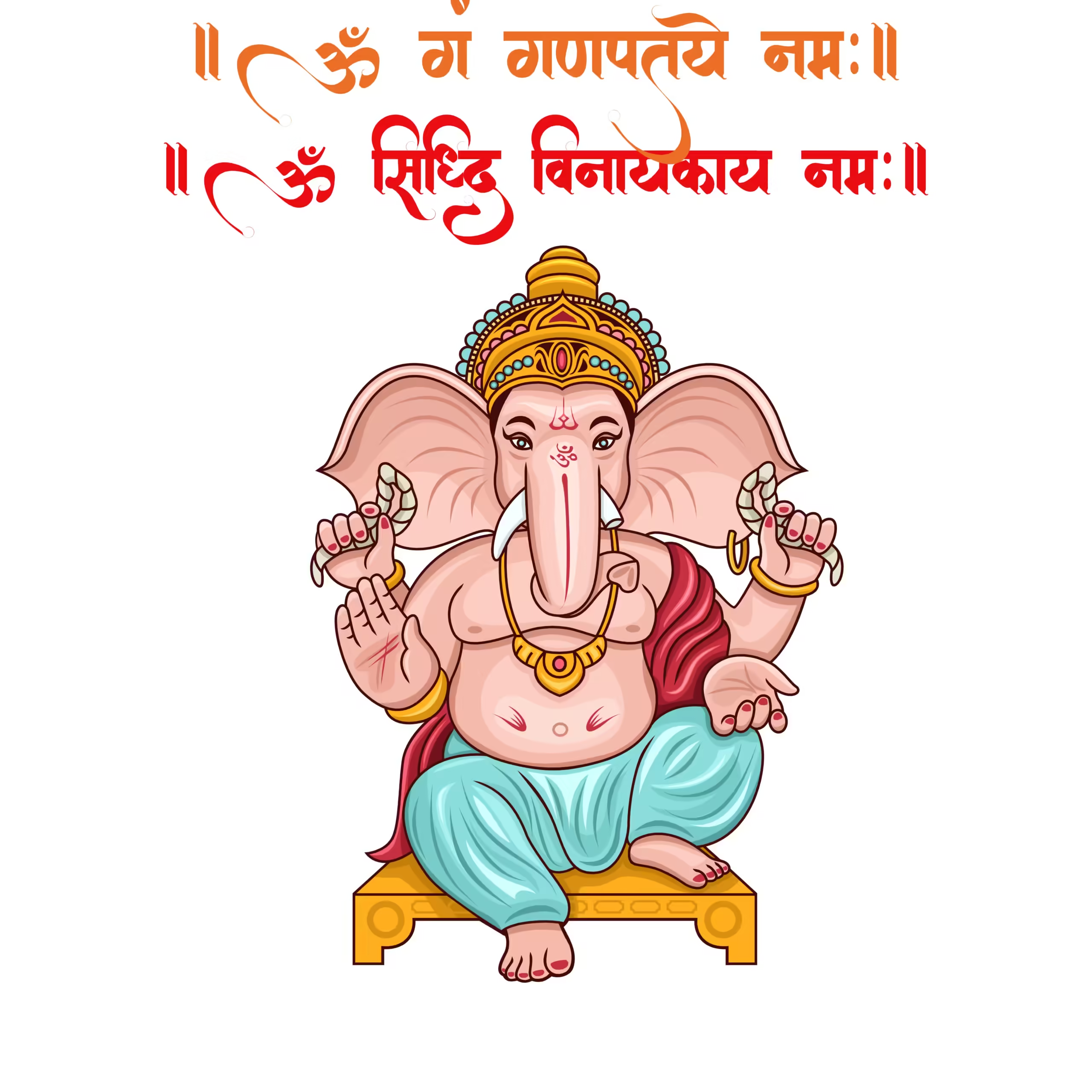[ad_1]
The Dark Side of Hanuman: Uncovering the Curse of Kumbhakarna
Hindu Mythology’s Darkest Secrets
In Hindu mythology, Kumbhakarna is a demon feared for his monstrous strength and voracious appetite. But few know about the eerie connection between this demon and the revered Hindu text, the Hanuman Chalisa. The Hanuman Chalisa is a 16th-century devotional poem praising Lord Hanuman, a monkey god and loyal companion of Lord Rama. However, some verses have been interpreted as referencing Kumbhakarna, creating an unsettling narrative that has left many wondering if there’s more to this ancient text than meets the eye.
A Demon’s Role in Hindu Mythology
According to Hindu mythology, Kumbhakarna was a powerful demon king, son of Vrishabha, the king of demons. His name, which translates to "the one who drank the ocean of milk," is a testament to his insatiable hunger. Kumbhakarna’s story begins with his birth, which was celebrated with a massive feast, only to end with his death, also marked by a grand ceremony. Despite his short lifespan, his legend has endured, casting a long shadow over Hindu mythology.
Linking Kumbhakarna to the Hanuman Chalisa
The Hanuman Chalisa is a revered text in Hinduism, containing 40 verses that eulogize Lord Hanuman’s bravery, devotion, and unwavering loyalty. However, certain verses have been interpreted as referencing Kumbhakarna. For instance, the following verse:
"Akhiri Kumbhkarnna ki chalaai hai,
Mai to rahaa Sankata mein"
translates to: "Kumbhakarna’s fate is an example,
I am caught in a terrible predicament"
This seemingly innocuous verse has been linked to Kumbhakarna’s story, suggesting that the demon’s fate is a cautionary tale about the consequences of one’s actions. Other verses mentioning Kumbhakarna’s name and exploits have also been pointed out, sparking debate about the demon’s role in the Chalisa.
Unsettling Narrative
The connection between Kumbhakarna and the Hanuman Chalisa has raised questions about the darker aspects of Hindu mythology. Some believe that the Chalisa is more than just a devotional text, but a reflection of the complexities of human nature. The presence of a demon like Kumbhakarna, who is both feared and pitied, serves as a reminder of the fragility of human existence and the blurred lines between good and evil.
Conclusion
The Curse of Kumbhakarna serves as a reminder that Hindu mythology is not just a collection of stories, but a tapestry of complex characters and narratives that continue to shape our understanding of the world. While the connection between Kumbhakarna and the Hanuman Chalisa may seem unsettling, it also highlights the richness and depth of Hindu mythology, encouraging us to explore its darker corners and uncover its secrets. As we delve deeper into the mysteries of the Chalisa, we may find that the line between heroism and villainy is not as clear-cut as we thought.
[ad_2]
